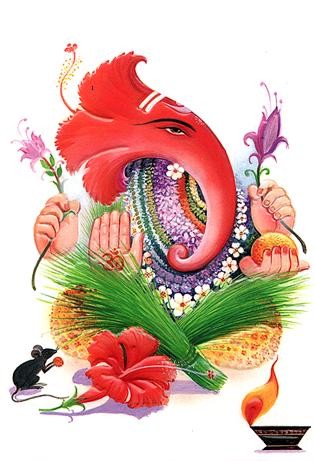More art than craft, this ( book review)
N Pankaja
The translators of the book have gone beyond the orthodox tradition of translation to create poetry in their own right.
God on the Hill; Annamayya, translated version,
Oxford University Press, pp 142, Rs 395.
These ‘Temple poems’ which the translators, వేల్చేరు నారాయణ రావు (Velcheru Narayana Rao) and డేవిడ్ షూల్మెన్ (David Shulman), have rendered from Telugu to English, are truly challenging to any translator.
Being the bed-rock of this genre of devotional poems of pre-modern India, they initiate the readers to the time, work and devotion of the saint-poet of the fifteenth century, Sri Tallapaka Annamacharya, who addressed his sankirtans to his personal deity, Lord Venkateshwara of Tirupati– ‘The God on the Hill’ or more aptly the ‘Lord of the Seven Hills’.
Originally meant to be sung, these creations in Telugu, contain the richness of lyrical intensity and devotional fervour, expressed both in metaphysical and erotic forms.
This aesthetically produced slim edition of nearly a hundred poems show translation ‘more as an art than as a craft’. The translators have gone beyond the orthodox tradition of translation to create ‘poetry in their own right’. They have refashioned the lyrics into modern free verse.
They have captured the spirit of the original work in their poems like– “Is there a way I can reach you”, “How can I conquer my senses”, “Bring a lamp where it is dark”, “lord it’s up to you” etc.
But some of the most important sankirtanas like మనుజుడై పుట్టి (Manujudai putti), పలుకు తేనెల తల్లి (Paluku tenela talli) don’t give the effective echo of the original lyric in the translation with the so-called modern expressions and bad sentence break-up, for eg–
“Eyes glistening
red in the corners
she made love to the father (?)
of Love. Now she’s exhausted.
She is lying on her side
pearls on her thighs”
What Annamayya said was– “she was resting after making love to her Lord, who was the father of Manmatha– the God of Love; and that she was lying on a bed of pearls”
Annamayya’s work, may be couched in a simple and accessible language, to be able to reach out to the masses, yet has historical, socio-cultural and spiritual weight, but some lines in the translated poems are so gross, instead of showing the simplicity of the original work, they portray the divine love between the Lord and His consort very coarsely.
“Don’t butter me up
Cut out these fancy words
I am not one to nag you”
“you fondle me and pull at my sari
I get angry and shake my finger”
“when you put the compress of a woman’s breasts
on your aching body…” (?)
The Afterword– filled with important and detailed information giving an idea about the saint-poet and the significance of his colossal compendium of sankirtanas– flows with extraordinary fluency and the language, with its finesse and class is in total contrast to the actual work– the translation.
Parallel transcription of Telugu script or transliteration of the text, would have increased the transparency of the translation and also would have helped those involved in translation studies.
But the pertinent question haunts– Why modernise the pristine work of the saint-poet, when the need is to popularise his unparalleled original work to reach the pan-Indian and International readers through faithful translation?
Courtesy: Deccan Herald



0 Comments:
Post a Comment
<< Home